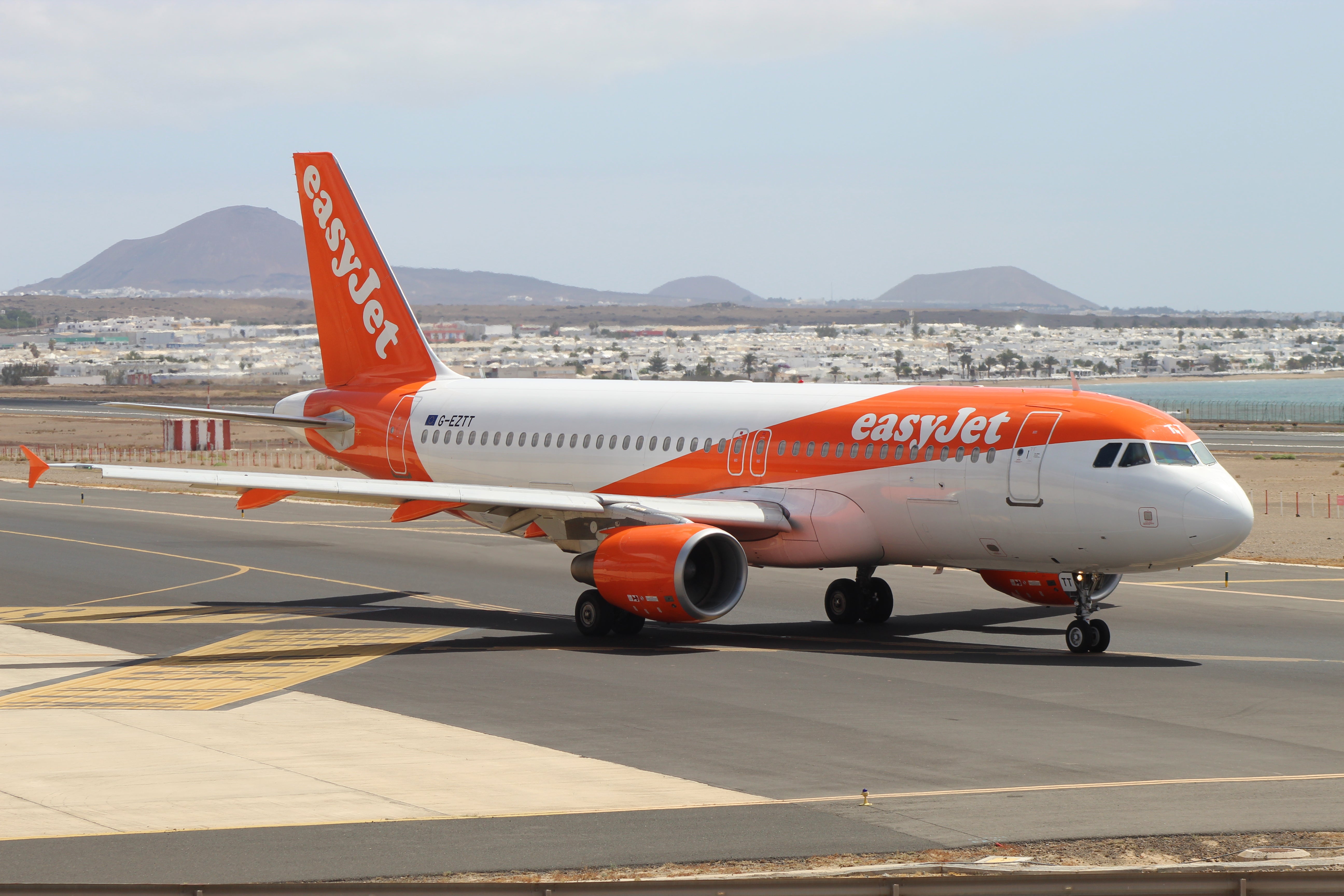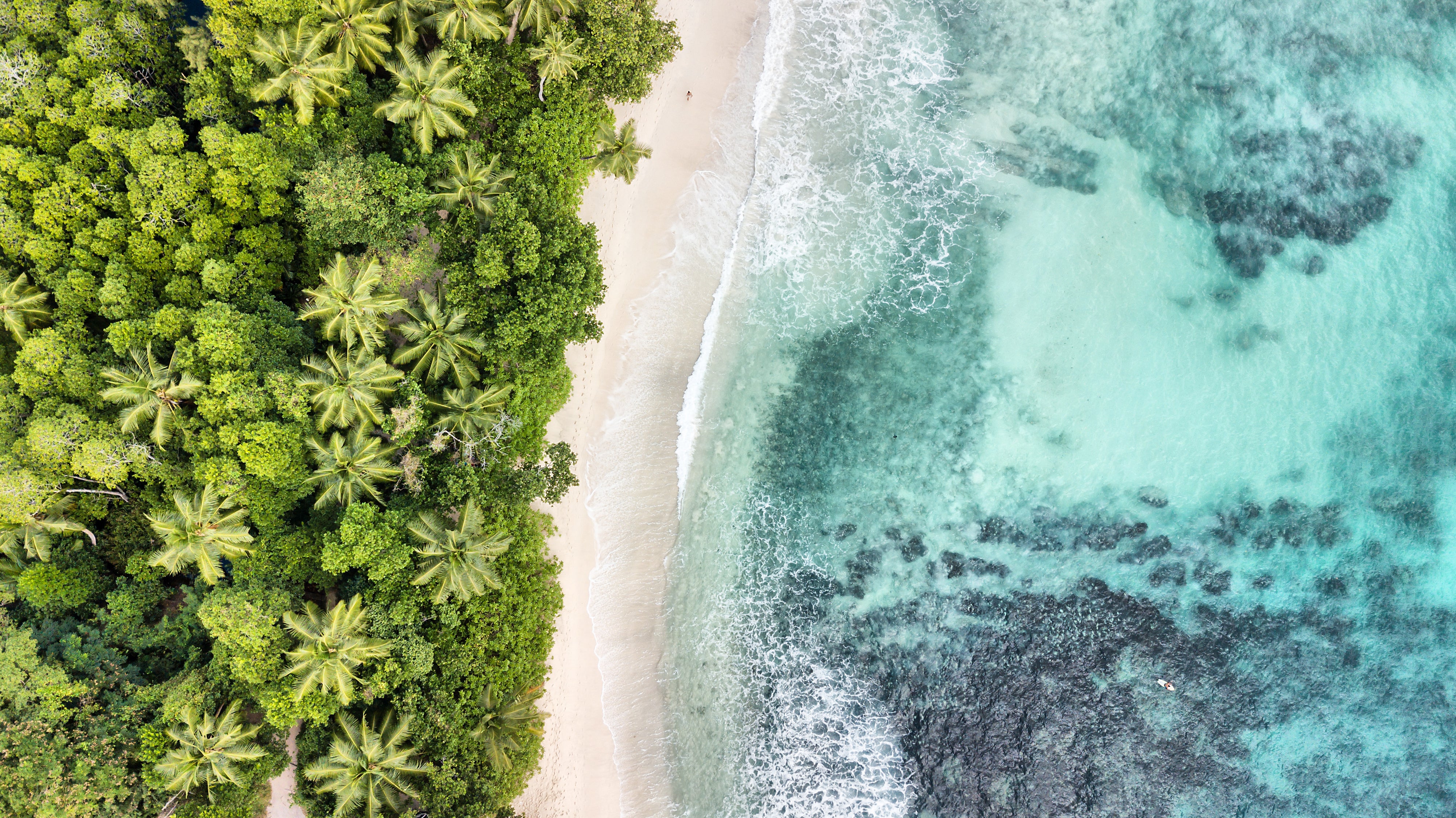Can we reboot a Wellington trip for this nervous flyer?
Simon Calder answers your questions on getting to New Zealand, terminal illness and Seychelles vs Maldives


Q We have family near Wellington, New Zealand, and want to visit them at Christmas. My partner is an anxious flyer and we want to keep the number of flights to a minimum. But there doesn’t seem to be any way of reaching Wellington from the UK without taking at least three flights. Can you advise?
Victor R
A The two biggest cities in New Zealand are relatively easy to reach in two hops from the UK. Auckland on North Island is accessible via a wide range of hubs in Asia and North America, with Singapore and Los Angeles the most prominent. Christchurch on South Island has a daily overnight flight from Singapore, which has links from London Heathrow, Gatwick and Manchester.
But the New Zealand capital, Wellington, has few international flights: only to Brisbane, Melbourne and Sydney in Australia. None of those cities has a nonstop link with the UK (though Qantas is working on Sydney, with nonstops from London Heathrow due to start in 2026).
May I suggest you turn this concern about minimising flying to your advantage, by flying into Auckland and trying out the Northern Explorer train to Wellington? It travels overland during the day and is by all accounts a memorable journey. Mark Smith, the international rail guru known as The Man In Seat 61, says: “It’s an epic 423-mile journey across the interior of the North Island, through every kind of scenery there is, from coastline to volcanoes to mountains, lush green farmland to thick New Zealand bush. It takes you over feats of engineering such as the Raurimu Spiral, Turangarere Horseshoe and Makatote Viaduct. It’s one of the world’s great railway journeys and one of my favourites.”
Don’t return to Auckland by this route, though: instead, take the Interislander ferry from Wellington to Picton on South Island, which takes 3hr 30min, then the Coastal Pacific train onwards to Christchurch. Note that this train runs only four days per week until 1 January 2025, when it resumes a daily service.
A good specialist travel agent will put together the ideal trip for you.

Q My husband has been diagnosed with terminal cancer, which as you can imagine is devastating. We have had to cancel our summer holiday, including flights with easyJet. But easyJet is refusing to make a cash refund, instead insisting I accept a voucher. This is no good to us as we will not be able to go on holiday again. I know family and friends can use the voucher instead, but that is another pain we could really do without. Are we forced to accept a voucher?
Name supplied
A I am very sorry to learn of your husband’s diagnosis. The general policy of low-cost airlines is never to offer cash refunds – except when required by law because of a cancellation or, in some circumstances, very shortly after the booking has been made. EasyJet says that if you cancel more than 24 hours after booking, “we will not refund any of your fare”.
Yours is one scenario in which airlines such as easyJet will relax the normal “no refunds” policy. Easyjet says: “If you need to cancel due to a serious or terminal illness … our team will review your case and if your circumstances qualify we may, in our discretion, offer you a refund or flight voucher towards the value of a subsequent flight.”
The crucial phrase here is “in our discretion”. I appreciate you just want your hard-earned cash back. From an airline’s perspective, vouchers comprise the optimum way to refund a flight: it keeps the cash in their bank.
Carriers will say that they are being compassionate already by offering a voucher that is transferable to family or friends. You could instead try travel insurance, given your husband’s condition was presumably not known at the time you booked the holiday.
The insurer will need to know that you have been offered a voucher, and may insist that is sufficient recompense. But I think you may be able to argue that the voucher is of no use and that your money back is the appropriate outcome.

Q If you had to choose between the Seychelles and the Maldives for a holiday, which would you pick?
LB
A Without hesitation, the Seychelles. The nation comprises 115 islands east of Mombasa on the coast of Africa. I have been fortunate to visit the main isle, Mahé, and found it intensely rewarding. Yes, it has some superb beaches – I stayed at the Constance Ephelia resort in the northwest, which was expensive but terrific. But there is so much more to the island, including a spectacular mountainous spine that reaches almost to 3,000 feet. The government seems to manage the delicate environment competently.
I also like the fact that it is possible to travel independently and happily around the island on local buses, meeting the local people in circumstances other than tourism transactions. All bus routes lead to Victoria, the capital: not the most beautiful settlement in the Indian Ocean, but with a decent National Museum of History that provides the focus for a visit to the city.
In contrast, Malé – the main island of the Maldives – is not a pleasant and engaging place. Of course, the purpose for most visits is to spend time away from it all on what are to all intents and purposes private islands – inaccessible to ordinary mortals. The opportunities for engaging with the locals look sparse.
From talking to many people who have holidayed in the Maldives, it is clear they enjoy the sense of escape. But personally I would far rather be to the northeast, in lovely Sri Lanka.
Finally, allow me to recommend two Indian Ocean islands that I adore more than the Seychelles: Socotra, an unspoilt fragment of Yemen off the coast of Somalia (and currently on the Foreign Office no-go list), and Mauritius, south of the Seychelles. The latter is accessible, intriguing, beautiful and friendly, and the capital Port Louis is a particular delight.
Email your question to s@hols.tv or tweet @SimonCalder






Join our commenting forum
Join thought-provoking conversations, follow other Independent readers and see their replies
Comments